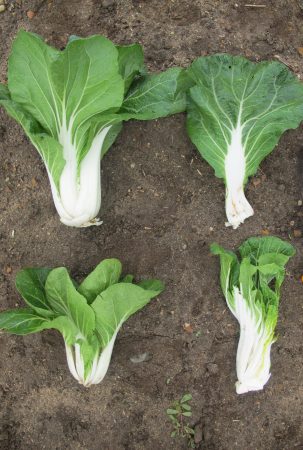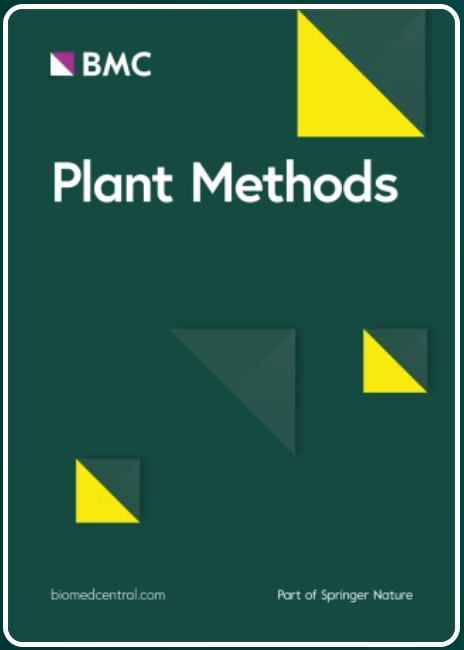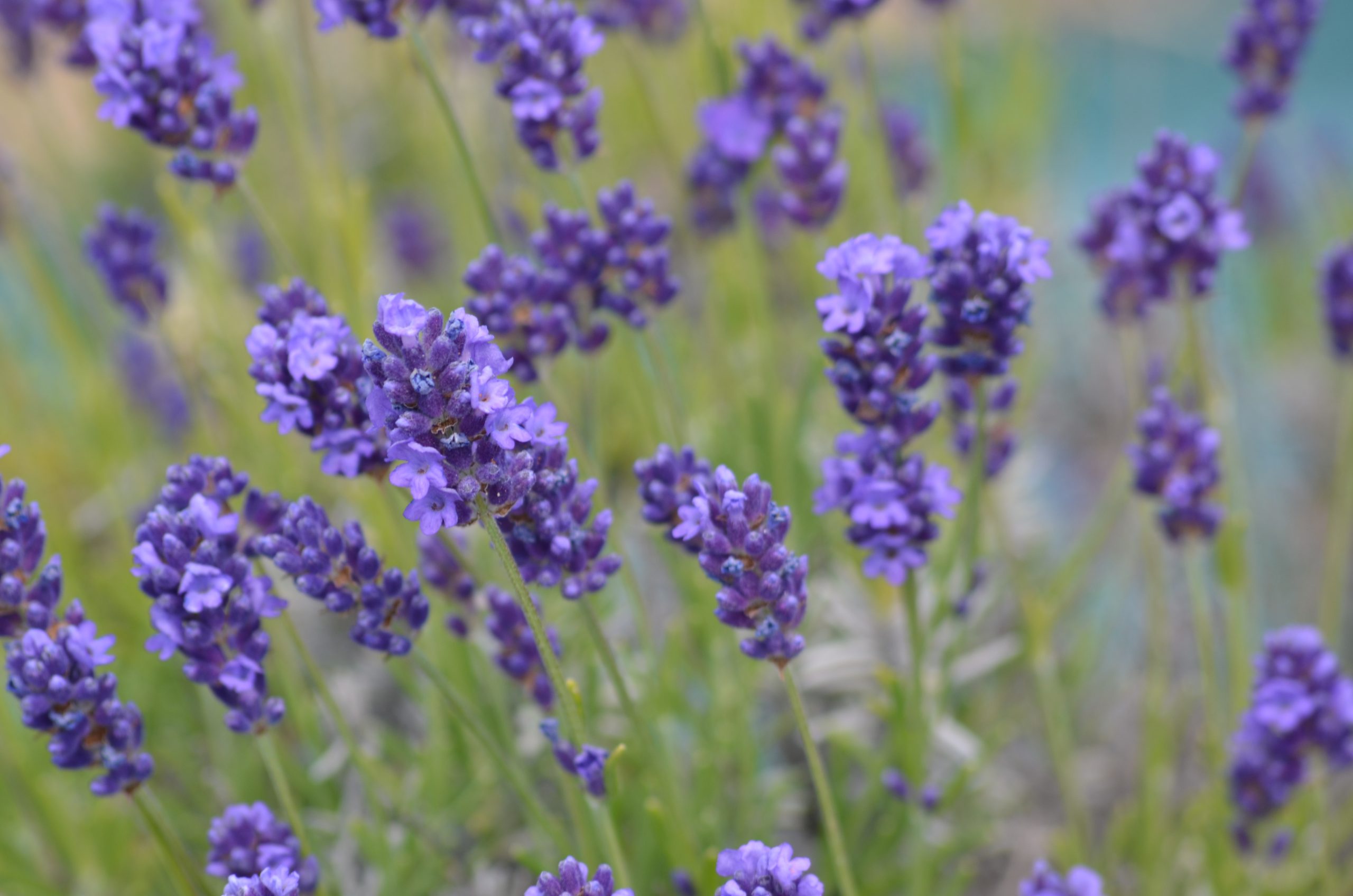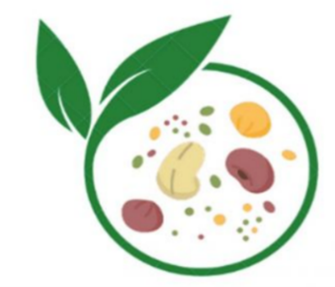
CTPS Vegetable Species Section
At its meeting on 25 March 2025, the Vegetable Species Section of the CTPS approved the proposal to register eight varieties of five species (Italian chicory, shallots, endives, melons and peppers) on the “a list”. Subject to confirmation of characteristics to be observed during spring 2025, the Section will propose the registration of a cauliflower variety on the “a list” this summer. In addition to the annual review of official variety testing carried out last year and the numerous R&D projects on genetic resistance to disease, this meeting was marked in particular by a five-year review of the collaboration between GEVES and Semae for the maintenance of the Official Catalogue of Old Varieties and the ongoing negotiations on the future European regulatory framework for the registration of vegetable varieties.
As usual, the March meeting of the Section examines the files finalised since the December meeting, which for this March 2025 meeting amounts to nearly thirty varieties (Italian chicory, cauliflower, shallots, endives, lettuce, melons, peppers and leeks), eight of which have been proposed for registration. The Section is also informed of all the results of maintenance checks carried out in 2024. This type of check on registered varieties makes it possible to check their stability and thus their continued inclusion in the Catalogue. This type of check, which is outsourced to GEVES, validates the quality of maintenance by seed companies, whether for recently created varieties or older varieties with a definition that is sometimes broader than that of contemporary varieties.
With regard to the collaboration between GEVES and Semae for the maintenance of the Official Catalogue of Old Varieties, it was pointed out that among the some 490 old varieties listed in lists a, b, c or d, some may be removed from the Catalogue due to the withdrawal of the last official maintainer, even though they are still being distributed, particularly to professional market gardeners. The size of the market for this type of variety or the technical difficulties involved in maintaining them can make it difficult for an official maintainer to achieve a return on investment on behalf of the marketing community. With this in mind, Semae set up a dedicated fund for this type of variety in 2020. After five years of practice, it was important to review the terms and conditions and take stock of the future of the 160 or so varieties identified in this case since 2020. Three-quarters of these varieties are listed in list d, with the remaining quarter in lists a or b. Of this total, approximately ¼ of these varieties have found a new official maintainer (as validated in field/greenhouse trials at GEVES), 10% have a batch of seeds supplied by the candidate seed producer currently being evaluated by GEVES, 15% of these varieties have finally been deleted, and finally, nearly half of these 160 varieties may be deleted in the near future. More specifically, the rate of resumption of official maintenance is significantly higher for varieties from lists a and b, with 27 varieties out of a total of 37 being resumed. Conversely, the number of varieties already deleted and likely to be deleted in the short term is significantly lower in lists a and b than in list d, with 11 varieties out of a total of 103 varieties across all lists. Even though list d is mainly intended for amateurs, it remains important for the identity of the varieties distributed that more varieties from list d that are threatened with removal can be perpetuated in the Official Catalogue, with active and controlled maintenance.
With regard to the future regulatory framework for the registration of vegetable varieties, discussions during this Section meeting provided an opportunity to take stock of the state of discussions between EU Member States under the Polish Presidency in the first half of 2025, namely a majority of States against an examination of Cultural Value and Sustainable Use (VSCU) for vegetable species, the restriction of Heterogeneous Materials to Organic Agriculture only, an incomplete definition of conservation varieties and gene banks, and the distribution of plant material (seeds/plants) prior to registration of varieties harmonised with the terms of the current Provisional Marketing Authorisation for field crop varieties. On this last subject, the Section requested that a note be drafted on its behalf to describe the components of the TPS currently in force for vegetable varieties and its suitability for the needs of the vegetable sector.




